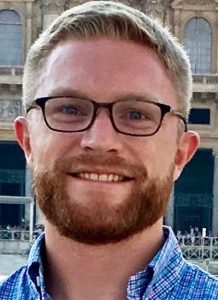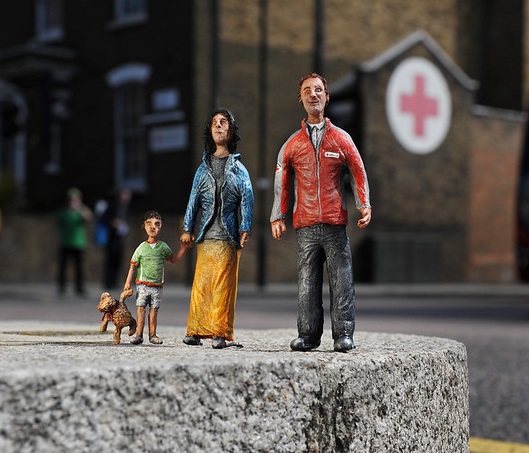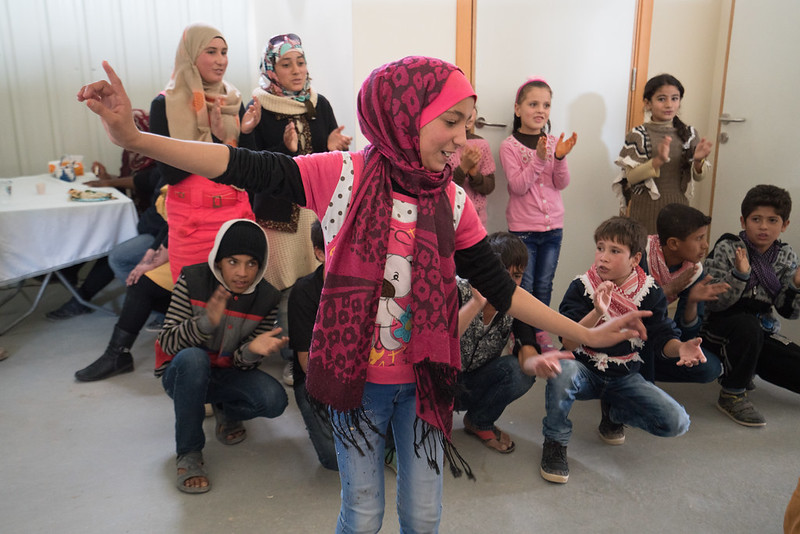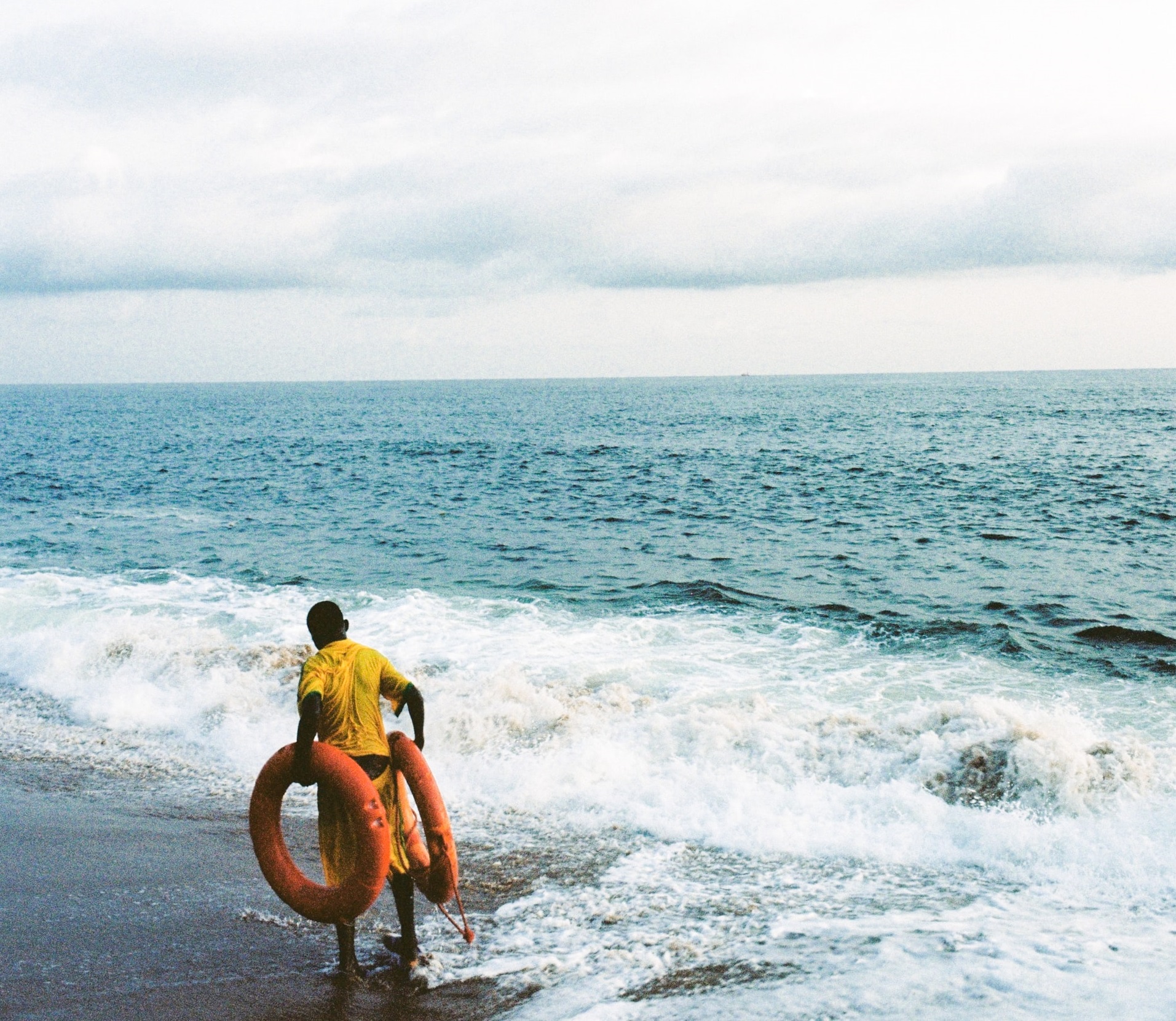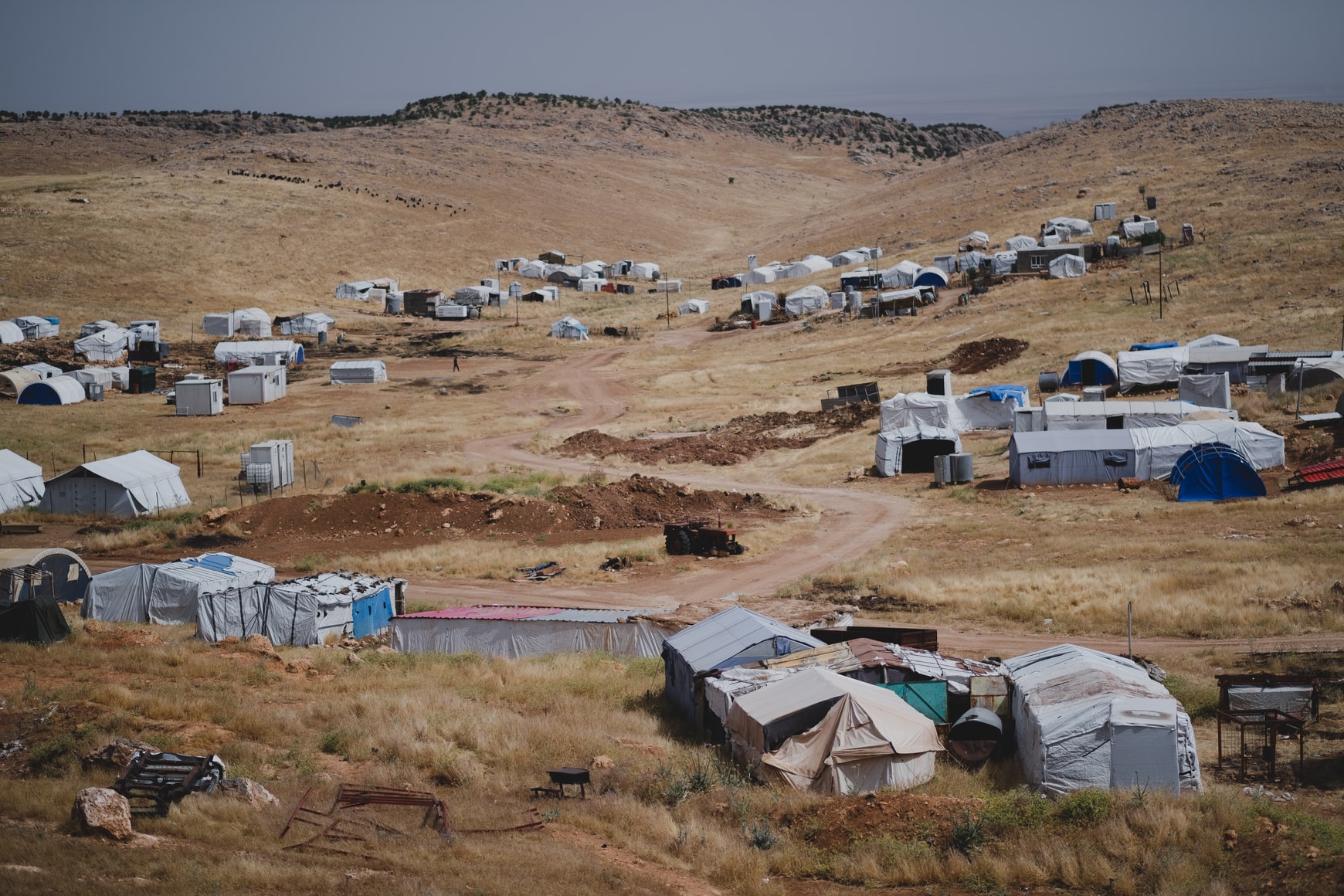Around the world, refugees, asylum seekers, and internally displaced people are widely seen as populations that need to be managed. In today’s episode of Refugee Realities, we hear about some of the ways that refugee policy has been enacted, whether at the international level, as discussed by Taitum Caggiano and Gabriele Canavan, or at the national level here in the UK, as explored by Henry Arthur and Valentina Uccioli. Finally, we hear from Ben Grazda about the perspective from Mogadishu, Somalia—a city facing serious challenges, but nonetheless seeking to provide solutions to displaced people.
Women, peace, and security after Europe’s refugee `crisis’
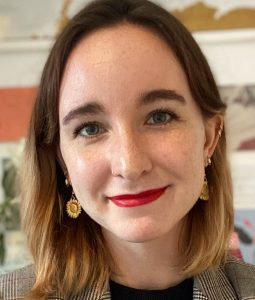
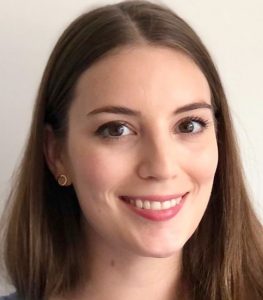 Hosts: Taitum Caggiano and Gabriele Canavan, MSc students in Gender, Peace, and Security, LSE
Hosts: Taitum Caggiano and Gabriele Canavan, MSc students in Gender, Peace, and Security, LSE
In this podcast, Gabriele Canavan and Taitum Caggiano interview Aiko Holvikivi and Audrey Reeves, who recently published an article titled Women, Peace and Security After Europe’s Refugee Crisis, about the nexus between the Women, Peace, and Security (WPS) agenda and the refugee security regime. For background, the United Nations’ Security Council Resolution (SCR) 1325 is often considered a watershed moment for WPS activists seeking gender equity within responses to conflict, as it was the first SCR to address women and gendered issues within conflict and post-conflict settings. UNSCR 1325, subsequent SCRs (1820, 1888, 1889, 1960, 2106, 2122, 2242, 2467, 2493), and National and Regional Actions Plans (NAPs, RAPs) on WPS all comprise the WPS agenda. The WPS agenda has famously drawn international attention to gendered issues in conflict such as conflict-related sexual violence and male-dominated decision-making spaces. With their experience in both policy and academia, Holvikivi and Reeves explore the potential for a refugee-inclusive WPS agenda.
Listen to the podcast
The UK government’s new plan for immigration: implications for refugees

 Hosts: Valentina Uccioli and Henry Arthur, MSc students in International Development and Humanitarian Emergencies, LSE
Hosts: Valentina Uccioli and Henry Arthur, MSc students in International Development and Humanitarian Emergencies, LSE
In March 2021, the UK Home Secretary, Priti Patel, made headlines with the announcement of the government’s new plan for immigration. This new plan outlined the most significant overhaul to the UK’s existing refugee and asylum policy in decades. The government stated that this overhaul will create a fairer system and insisted that it was ‘breaking the business model of people smuggling networks and protecting the lives of those they endanger.’ However, despite the government’s claims, the new plans have been heavily criticised, with adversaries claiming it lacks compassion, is impractical, and undermines the UK’s commitment to the 1951 Refugee Convention and its 1967 protocols. In this podcast, we break down what this new bill proposes, assessing what these proposals will mean for those trying to seek asylum within the UK. Joining us in this discussion are two guests: Zoe Gardner and Matilde Rosina. Zoe is a policy advisor for the Joint Council for the Welfare of Immigrants, a UK-based charity whose work includes providing legal support and assistance for refugees and asylum seekers. Matilde Rosina is an LSE Fellow in international migration at the European Institute. Her work examines the criminalisation of irregular migration in Europe, investigating its functioning, effectiveness, and consequences. In addition to breaking down the changes this new bill will introduce, in this podcast we assess the legality of these changes, the extent to which the bill will impact people smuggling, as well as a discussion on how this new plan represents the trend of securitising the refugee regime.
Listen to the podcast
Solutions for IDPs: From Geneva to Mogadishu
Host: Ben Grazda, MSc student, Conflict Studies, LSE
This podcast takes listeners to the forefront of the internal displacement issue in Somalia where Mogadishu officials are spearheading a policy to address the needs of the hundreds of thousands of internally displaced persons (IDPs) in their city. Talking directly with staff from Mogadishu Municipality, we hear first-hand what it’s like to deliver durable solutions to the dynamic city while simultaneously coordinating with an ecosystem of national and international stakeholders.
Mark Yarnell, Research and Report Officer for the UN Secretary-General’s High-Level Panel on Internal Displacement, discusses this and related issues with Amun Osman, Durable Solutions Consultant for the Municipality of Mogadishu, and Ben Grazda.
Listen to the podcast
_____________________________________________________________________________________________________
This post is opinion-based and does not reflect the views of the London School of Economics and Political Science or any of its constituent departments and divisions.
_____________________________________________________________________________________________________


